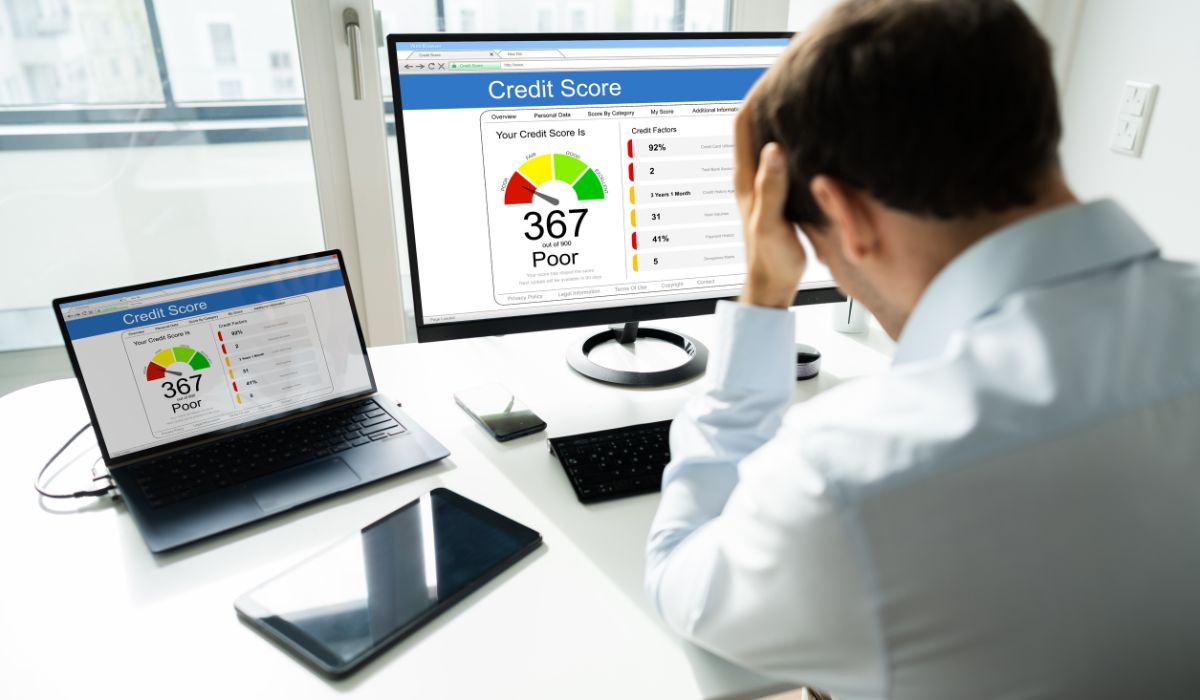Many Singaporeans turn to licensed money lenders as a solution whenever they face money problems. These lenders offer loans in times of need and give fast cash for various purposes — from unexpected medical bills to urgent home repairs.
However, what happens when the tide turns and you find yourself unable to pay money lender Singapore?
There is no need to feel shame since it’s more common than you might think. But as you already expected, this issue can lead to complications that may seem overwhelming.
Table of Contents:
What Is The Role of Licensed Money Lenders?
The Moneylenders Act governs licensed money lenders in Singapore and sets clear guidelines for them. This legal model’s goal is to strike a balance between allowing lenders to operate profitably and protecting borrowers from exploitation.
Before any person takes out a loan they must familiarise themselves with these regulations to understand rights as well as obligations.
Consequences of Being Unable to Pay Money Lender Singapore
Impact on Credit Score

Defaulting on a loan can significantly lower your credit score which can make it challenging to secure loans in the future.
Keep in mind that the Moneylenders Credit Bureau (MLCB) maintains records of your borrowing history which includes any missed payments or defaults and this information is accessible to licensed money lenders and can influence their decision when you apply for future loans.
Debt Recovery
It is possible for the lender to initiate legal proceedings to recover the debt and this can involve sending demand letters. You might also get phone calls, or even staff visiting your home or workplace to deliver letters of demand. In extreme cases, lenders may file lawsuits which may potentially leading to court orders for repayment.
Loss of Collateral
If you took out a secured loan from a lender, you may lose the assets you’ve put up as collateral such as jewellery or even property, depending on the terms of your loan agreement.
What Licensed Money Lenders Can and Cannot Do
Permissible Debt Collection Practices
- Sending demand letters via mail
- Making phone calls or sending text messages at reasonable hours
- Visiting your home to deliver demand letters
- Filing lawsuits as a last resort
Prohibited Actions and Borrower Rights
- Causing physical harm or injury to borrowers or their families
- Damaging personal property
- Stalking or harassing borrowers
- Using intimidation tactics or threats
If a lender engages in any of these prohibited actions, borrowers have the right to file complaints with the police or the Registry of Moneylenders.
Options for Borrowers Unable to Pay Money Lender Singapore
Renegotiating Loan Terms
One of the first steps you should take is to approach your lender and attempt to renegotiate the terms of your loan. This could involve:
- Extending the loan tenure to reduce monthly payments
- Lowering the interest rate
- Consolidating multiple loans into a single, more manageable debt
Many lenders are willing to work with borrowers to find a mutually beneficial solution as it increases the likelihood of eventual repayment.
Seeking Debt Counselling
There are many services that offer counselling to individuals struggling with debt like:
- Financial education
- Budgeting advice
- Debt management programs
- Negotiation assistance with creditors
Debt Consolidation
This involves taking out a single loan to pay off all existing debts, leaving you with one monthly payment, often at a lower interest rate. However, carefully consider the terms of any debt consolidation loan and ensure it truly improves your financial situation.
Debt Repayment Scheme (DRS)
For those with unsecured debts totaling less than $150,000, the Debt Repayment Scheme (DRS) offers a bankruptcy alternative.
This government-initiated program helps borrowers to repay their debts over a fixed period, usually up to five years, while protecting them from legal action by creditors.
Bankruptcy
Although it should be considered only as a last resort, filing for bankruptcy can provide a fresh start for those overwhelmed by debt. Make sure you understand the long-term implications of bankruptcy including restrictions on future borrowing and potential impacts on employment opportunities.
Preventing Future Debt Problems
Responsible Borrowing Practices
- Borrow only what you can afford to repay
- Understand all terms and conditions before signing a loan agreement
- Create a budget and stick to it
- Build an emergency fund to cover unexpected expenses
Financial Literacy and Education
Consider attending financial management workshops and using online resources to understand finances better.
You Can Get Out Of Debt
It’s so true that being unable to pay money lender Singapore can be a challenging experience but remember that there are always options available. As long as you know your rights and you are willing to explore available assistance programs to solve your debt, you can work towards regaining financial stability.
Always keep in mind though that prevention is always better than cure so before taking out a loan of any kind, consider your ability to repay and explore all available alternatives. Ultimately, while being unable to pay money lender Singapore is a difficult situation, it’s not an insurmountable one.
LenderSG prides itself on providing sensible loan options tailored to your repayment capacity. Don’t hesitate to reach out to our friendly team with any questions you might have.

